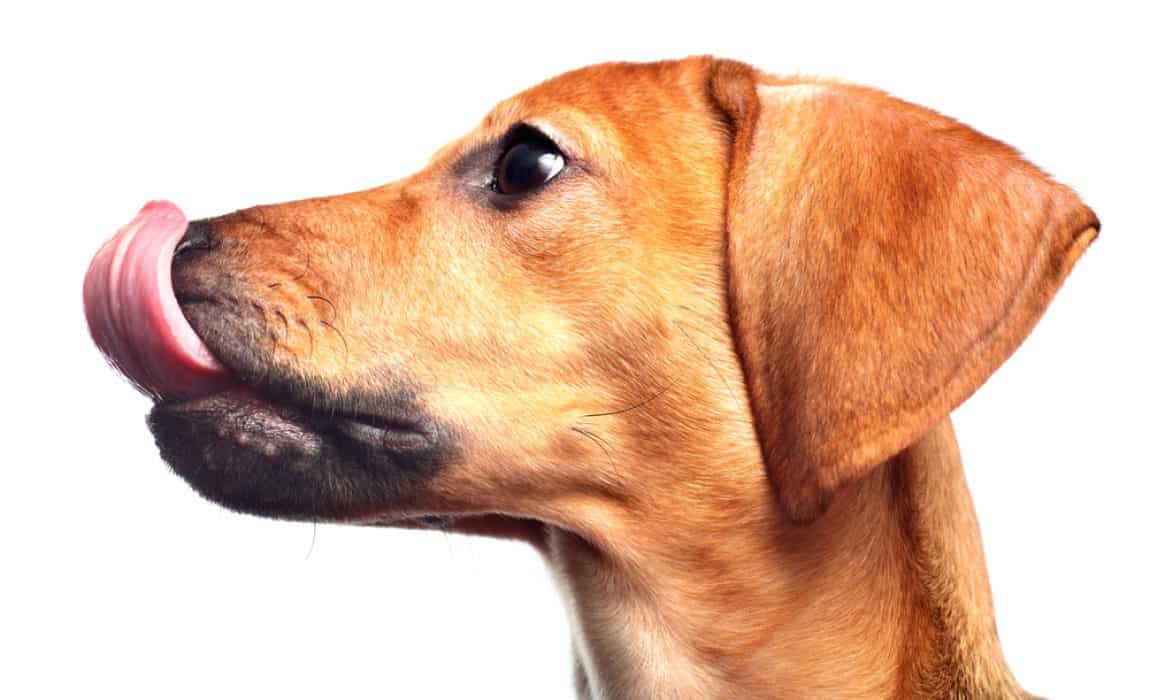
Because this is such common behavior many people believe that when a dog licks a wound it will promote healing. Even if nature is wise and you believe a dog licking himself is an instinct for him to heal himself then that means you can also say that he does it because its the only tool.

Even if nature is wise and you believe a dog licking himself is an instinct for him to heal himself then that means you can also say that he does it because its the only tool.
Is dogs licking wounds ok. It is not only do dogs have a natural instinct to immediately lick any wound inflicted on them. Humans too have a reflex to lick or suck on any cuts they suffer think about the first thing you do when you get a paper cut. Many mammal species cats rodents horses primates are known to exhibit wound-licking behavior.
Anyone who has ever lived with or around dogs knows that when a dog injures itself it treats its wound by licking it. Nor are dogs the only creatures to do so. Cats–wild and domestic–lick their wounds as do sheep and many other animals.
Most people would admit to having popped a wounded finger in a mouth at least in their youth. Should Dogs Be Allowed to Lick Their Wounds. If your dog has a minor superficial scrape allowing your dog to lick it for a minute is probably fine.
However if your dog wont let up with the licking problems can start fast. If your dog has a significant wound or a surgical site licking. Dogs lick and groom their wounds to keep them clean prevent infection and relieve pain.
Dogs can lick their wounds for up to two weeks before they are required to see a vet. When dogs lick their wounds they are searching for a protein called fibrinogen. This protein acts like glue and holds the wound together.
Depending on the wound your dogs licking can be positive or negative. Canine saliva can be helpful in cleaning your wound and even healing it. It is said that their saliva may have antimicrobial and healing properties.
Yet it may be important to not let your dog go too crazy with licking away at your wounds. Licking wounds is an instinct that many mammals including dogs have. It is common for animals like cats primates and rodents to lick their injuries.
Sometimes they can even lick the scrapes and cuts of other animal species. This instinct reduces the risk of infection as it helps mammals keep their open wounds clean. Dogs and animals cant run off to the pharmacy and get some lotion when they get cut -and they lick their wounds and have done so for 50000yrs -because its full of healing enzymes and healing microcobes and thats why they are still here.
If it concerns you dont let them do it. Is Dog Licking Safe. While it was once believed that dogs mouths were cleaner than those of humans and that dog saliva had healing properties this myth has been thoroughly debunked.
Considering that dogs are prone to nibbling on poop and licking their own unmentionables it probably comes as no surprise that in reality a dogs mouth is a. The benefits of moderate wound licking. The enzymes in dog saliva help destroy the cell walls of dangerous bacteria.
Lactoferrin and other antibacterial and anti-viral compounds can also be found in saliva. Licking a wound delivers protease inhibitors and growth factors which promote wound. It will completely prevent them from licking their wound as their head is separated from the rest of their body.
It may be annoying both for you to look at as well as for your dog but it can lead to a more speedy recovery. Bandaging your dogs wound can lead to it not thinking about licking the wound since it. Because this is such common behavior many people believe that when a dog licks a wound it will promote healing.
There is some evidence that dog saliva has some antibacterial plus the rough surface of a dogs tongue can loosen dirt which may have gotten into the wound. For wild or feral dogs licking is probably beneficial in cleaning a wound. But wild animals are busy staying safe and finding food whereas a well fed pampered pet can devote a lot of time to licking a wound making it more extensive and sore in the process.
So limiting access to wounds particularly surgical ones with stitches is important. For those reasons its a good idea not to let your dog lick his own wounds and the wounds of other dogs and people especially when it comes to children. Even if nature is wise and you believe a dog licking himself is an instinct for him to heal himself then that means you can also say that he does it because its the only tool.
The more a dog licks the more dirt and loose skin will adhere to the saliva on its tongue and be removed from the open sore. Theres even some anecdotal evidence that a dog licking the wound makes it feel better. Sores in the mouth seem to heal quickly and with less scarring than they do elsewhere on the body.
Unfortunately letting your dog lick his wounds can be detrimental to his health. This is especially true if your dog had surgery or stitches. The goal of stitches is to keep a wound closed long enough for it to heal properly.
Overzealous licking can quickly turn into chewing and biting.